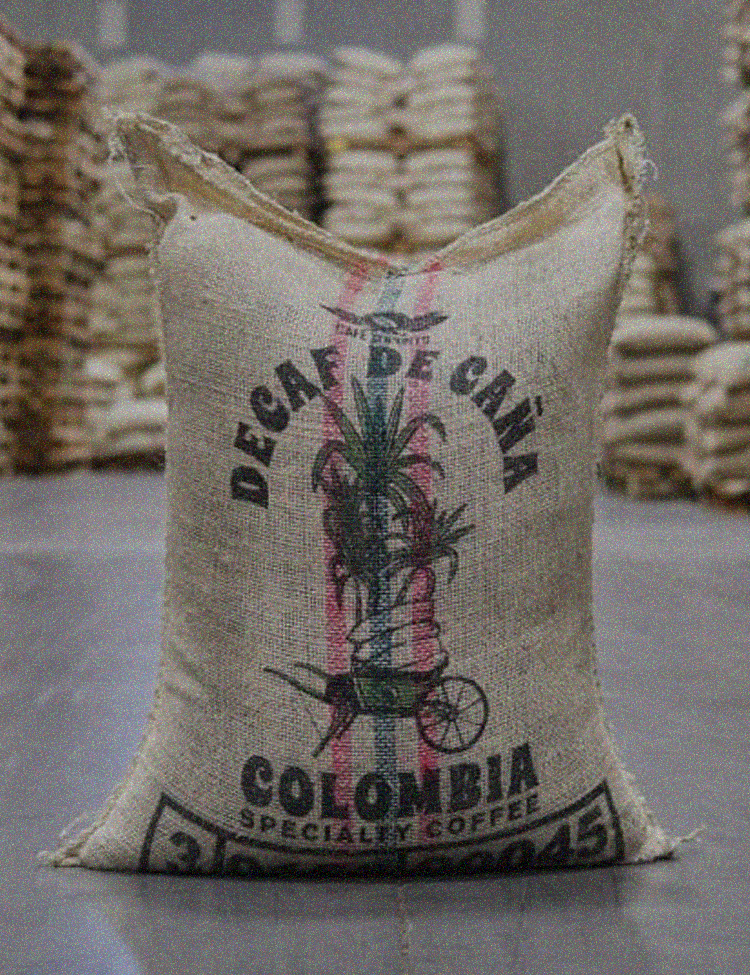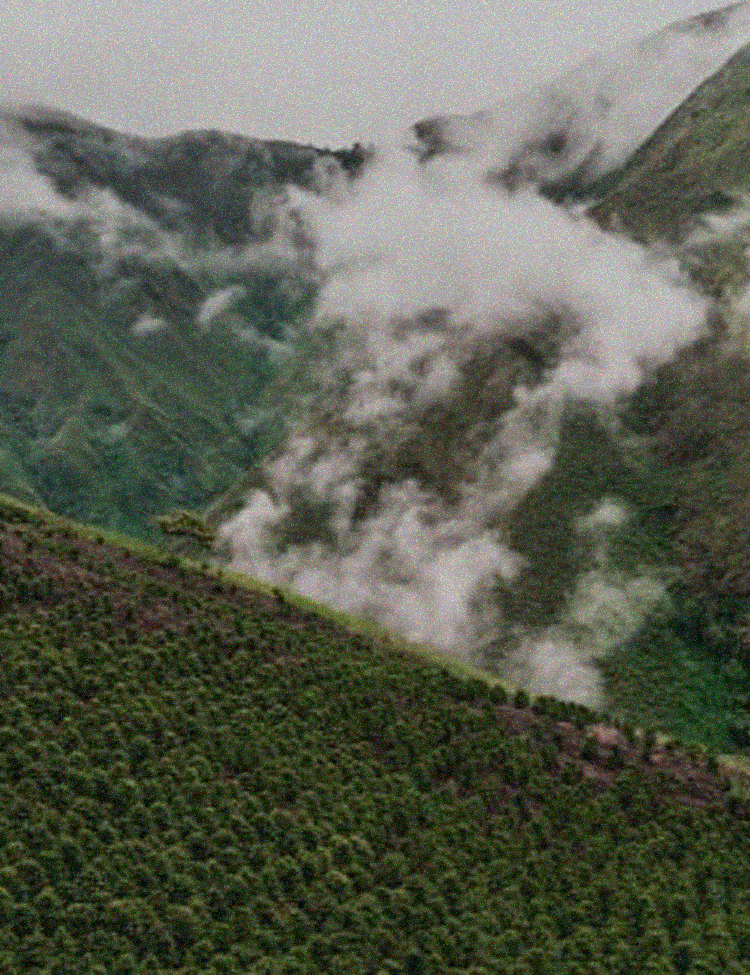Colombia - De Caña - Huila Decaf
Colombia - De Caña - Huila Decaf
The process works by soaking green coffee in a solution of E.A., which bonds to the salts of chlorogenic acid in the coffee and allows for the removal of caffeine. The coffee is removed from the solvent and steamed at low pressure to remove the E.A. compounds, and the finished product retains its flavor integrity but contains almost no caffeine at all. (The beans will contain a maximum of 0.01–0.03% caffeine.)
In Partnership with Cafe Imports Europe
Tasting Profile
Tasting Profile
Milk Chocolate - Brown Sugar - Orange Zest
Brewing
Brewing
Espresso
Resting
Resting
We recommend resting beans for a minimum of 7 days for filter and 14 days for espresso.
Roast Level
Roast Level
Medium Dark
Couldn't load pickup availability

-
Technical Data
Process: Washed - Decaf
Region: Hulia
Varietal: Castillo, Colombia, Caturra
Elevation: 1400-2000 MASL
Cup Score: -
-
Washed - Decaf
Colombia is best-known for its Washed coffees. While the processing details might vary slightly from farm to farm or by association, generally the coffee is picked ripe and depulped the same day, then given an open-air fermentation in tanks or buckets for anywhere between 12–36 hours. The coffee is washed clean of its mucilage before being dried either on patios, in parabolic dryers, solar driers, or mechanically. Some Washed coffees in Colombia are mechanically demucilaged.

Decaf, without compromise.
Ethyl acetate is an occurring ester (present in bananas and also as a by-product of fermented sugars) that is used as a solvent to bond with and remove caffeine from green coffee. First, the coffee is sorted and steamed for 30 minutes under low pressure in order to open the coffee seeds’ pores and prepare them for decaffeination. The coffee is placed in a solution of both water and ethyl acetate, where the E.A. will begin to bond with the salts of chlorogenic acids inside the seeds. The tank will be drained and re-filled over the course of eight hours until caffeine is no longer detected. The seeds are steamed once more to remove the ethyl acetate traces.
The coffee is then dried and polished for export.

The Producers
Located in southwestern Colombia, Huila is nestled in-between the Central and Eastern ranges of the Andes, with the middle area called the Magdalena Valley. The variation in elevation results in Huila being one of the country's most unique and complex regions of coffee production. Its terroir, climate, and harvest cycles all contribute to the quality of coffee produced here. The most impressive quality behind the coffees coming out of Huila lies in the people producing them. While Huila accounts for nearly 20% of the country's production, 80% of coffee producers operate on less than three hectares.
-
Free Shipping
For all orders over £25 we offer a free shipping service via Royal Mail or DHL.
-
Roast Days
We currently roast Tuesday, Wednesday and Thursdays, aiming to pack and ship your coffee as fresh and quick as possible.

